Adgully Exclusive | My film is not a message but a provocation: Sudhir Mishra
Mishra begins by recounting his earliest brush with an audience-engaging art: theatre. That took place before he moved to Mumbai in 1980. "I used to meet a lot of people who were a part of the Delhi theatre scene," Mishra said. "It was a very exciting time. We saw works of theatre from all over the country. And one day when I came to Mumbai, I happened to meet Vidhu Vinod Chopra accidentally."
That meeting led to a collaboration. "I started assisting [Chopra] in filmmaking," Mishra said. "He asked me whether I could hold a boom [a pole carrying an overhead microphone], since there was nothing else to do. I said yes I could. So I held the boom and have been here ever since. Then I met Kundan [Shah, the director of "Jaane Bhi Do Yaaron']. At that time, he was the production manager of a film whose production crew included me."
Shah began visiting Mishra's house while he was working on the script of "Jaane Bhi Bo Yaaron'. "I must have done something for Shah because he gave me credit for the film," Mishra said. "That started my career; I worked for Vinod again in "Khaamosh', then I did [Saeed Mirza's] "Mohan Joshi Haazir Ho. I wrote the script with Saeed for the film and assisted him. Then I made my first film, "Yeh Woh Manzil To Nahin'. I got an award for the best first film and then a national award." Thus, at that point, Mishra's career received a rocket-fuel boost.
Though Mishra has been feted for making films that offer more rational pleasures than an average Bollywood merchandise, he does not bandy recondite notions about filmmaking. "I don't make films self-consciously," he said. "I do have a political background. I have been involved in student politics. I am concerned about what happens in this country. Plus I am a filmmaker, but not an issue-based film maker. I am a storyteller. A story has to be engaging and gripping, and has to be told through characters. In the end, my film is not a message but a provocation."
Mishra then listed out the salient characteristics of a good story. "A story should be rich and ironical and carry many points of view," he said. "It has to capture life as we know it. Whatever your background, you will do films like that. You can only tell stories that come to you."
Now Mishra is a renowned auteur, but that was not what he set out to become when he was young. "I wanted to be a novelist," he said. "I wanted to basically be a storyteller. I thought that it was a more independent vocation. You can sit at home and write. There are not too many pressures to handle. There are not too many opinions that you need to consider. Of course, it is not all that rosy." Mishra conceded that a writer needed to negotiate layers of publishing bureaucracy. "There will be a publisher and an editor, and also marketing compulsions to deal with," he said. "However, writing is a very lonely profession and filmmaking is much more social. So I became a filmmaker by accident."
As for a perceived improvement in audience maturity, Mishra said people have always welcomed work that challenged conventional models. "Whenever intelligent cinema was presented and space provided for it to be shown, it has always drawn an audience," he said. "It was the case with "Guide' in the "60s, or with Guru Dutt's or Raj Kapoor's or Bimal Roy's films in the "50s when movie-going was a pleasant experience and good films were being made. The audience was receptive. Once again, in the 70's the movie-theatre space became available because American films stopped coming in. All the theatres that showed western films had no films to show because the Indian government had a fight with the American distributors' associations." Hence, for a while Hollywood films were not shown in India and the space opened up for another kind of films, Mishra said. "People went to see the films of Shyam Benegal," he said. "He got theatre space. Now again, the multiplexes have opened up the theatrical space. Every generation is self-congratulatory. At every given point, there has been an audience for Bimal Roy, Raj Kapoor, Guru Dutt, Vijay Anand, Shyam Benegal and others."
The bottom line, Mishra said, is that people will watch engaging films. "They will watch films that are not boring, stories that are not preachy or propagandist," he said. "In the end, it all depends on the storyteller. It is the skill of Anurag Kashyap that makes a "Dev D'[a success]."
When asked to comment about the assertion that India was not making enough "intelligent' films, Mishra said: "If that is the case, it means there are not enough good storytellers. A good storyteller will always find a way to make a film."
Mishra himself has a new story to tell. "I have just finished a film called "Yeh Sari Zindagi' which stars Irfaan and Chitrangada. It will release soon."
Besides, Mishra has also been busy with a film-focused TV assignment. "I liked doing the Masterclass with directors such as Mira Nair, Prakash Jha, Danny Boyle, Shekhar Kapur, Govind Nihalani, Aparna Sen, Shyam Benegal, Yash Chopra, and so many others," he said. There were few shows of the kind in which filmmakers talked to filmmakers, he said, adding: "It is an interesting format. I think we will do a second season of that. I don't think I will do television in any other way."
Then Adgully asked for Mishra's reaction to the entry of corporate houses into filmdom. "I think a film production company with people who know films should receive funding and get corporatized, rather than somebody who is not from the business coming [in with money]," he said. "For example, if Vinod Chopra's production company gets more funding and gets more corporatized it is great. There is nothing wrong with corporatization and clean money. I don't have black and white answers to this question."
The closing scene of the interview had Mishra offering sage advice to young people who want to be filmmakers: "Don't be scared. Don't be pretentious. Make films which you want to make."






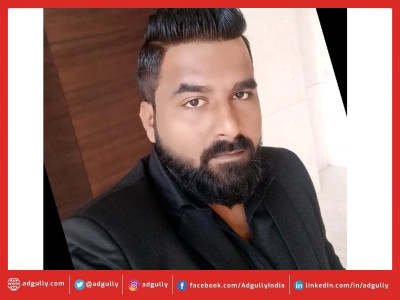
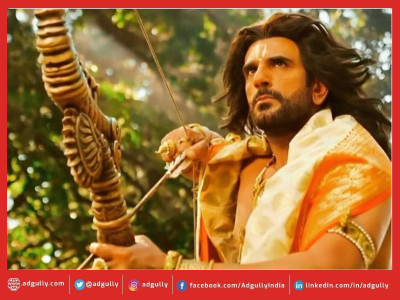
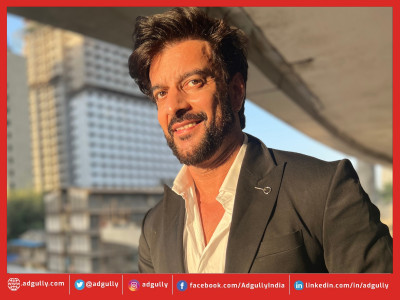
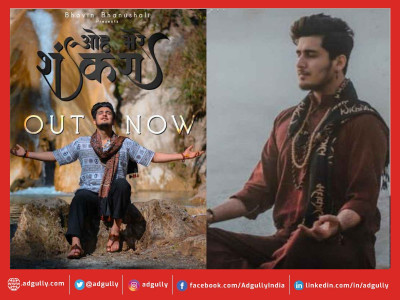


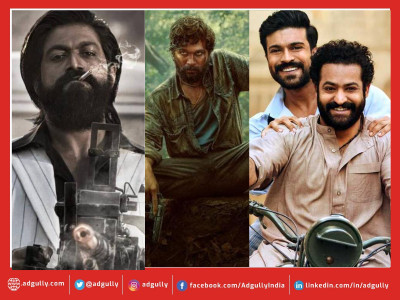





Share
Facebook
YouTube
Tweet
Twitter
LinkedIn